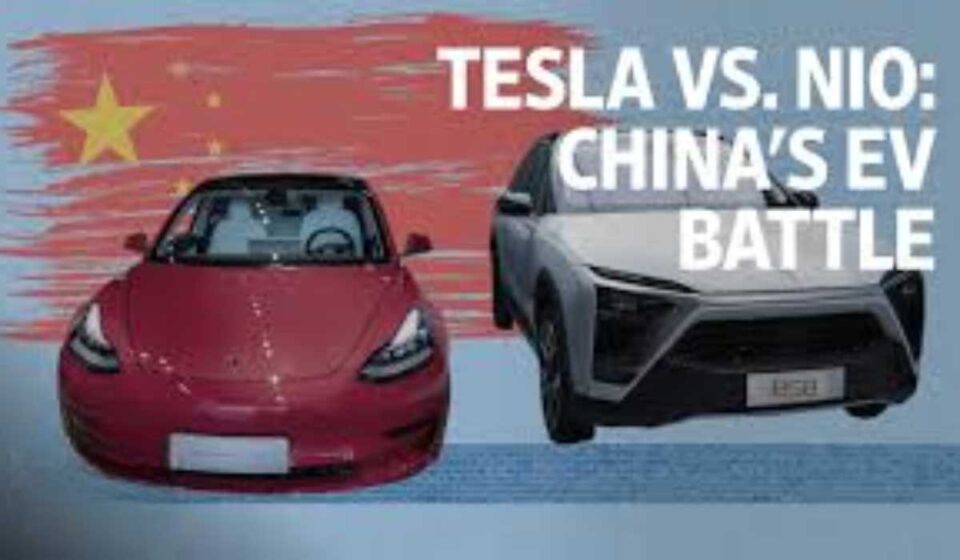In recent years, Nio, a Chinese electric vehicle (EV) manufacturer, has emerged as a formidable competitor to Tesla in China’s rapidly expanding EV market. While Tesla remains the global leader, Nio has carved out a significant share through localized innovation and customer-centric strategies that cater specifically to Chinese consumers. With China being the world’s largest EV market, the competition between Nio and Tesla offers a unique case study on how emerging brands can challenge established giants by focusing on local needs and building strong customer communities.
One of Nio’s key innovations is its battery-as-a-service (BaaS) model, which allows customers to lease batteries separately from the vehicle. This reduces the upfront cost of purchasing an EV and offers flexibility for users to upgrade their batteries as technology advances. Nio’s BaaS model has been a game-changer in China, addressing one of the main concerns of EV buyers: battery lifespan and cost. This approach not only enhances affordability but also deepens customer loyalty, as users remain tied to Nio’s ecosystem for battery services and upgrades.
In addition to its BaaS model, Nio has focused heavily on personalized services and community-building initiatives. Nio car owners are given access to exclusive club memberships, Nio Houses (luxury customer spaces), and events that foster a sense of belonging. This focus on community engagement has created a loyal customer base that views Nio as more than just a car manufacturer, but as a lifestyle brand. This strategy contrasts with Tesla’s more product-focused approach, highlighting the difference in how each brand engages with its customers.
Tesla, while dominant globally, has had to adjust its strategy in China to keep up with Nio’s rise. Tesla responded by cutting prices on its locally manufactured Model 3 and Model Y vehicles to remain competitive. It has also invested in expanding its charging infrastructure in China, knowing that convenience and accessibility are critical to maintaining its market share. However, Tesla’s reliance on its global brand reputation and standardized product offerings has sometimes left it vulnerable to localized competitors like Nio, who can offer more tailored solutions to Chinese consumers.
The fierce competition between Nio and Tesla in China’s EV market offers important lessons in market adaptation and customer engagement. Nio’s success demonstrates how focusing on local consumer needs, offering flexible financial models like BaaS, and building a strong community around the brand can help a new player challenge even the most dominant global companies. For Tesla, the rise of Nio serves as a reminder that global success requires not only innovation but also the ability to adapt to regional markets and meet the unique demands of local customers.


